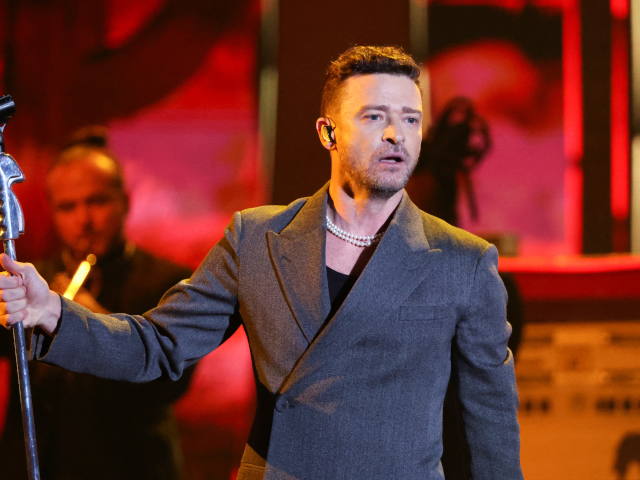Benjamin Netanyahu said on Sunday that the end of the “intense phase” of the war between Israel and Hamas in the Gaza Strip was “very close” and that Israel would soon move its troops to the northern border, where it exchanges fire almost daily with the militant Lebanese group Hezbollah.
In an interview with Israel’s Channel 14, the Israeli prime minister said the end of this phase of fighting in the enclave would not mean the end of the war. He stressed that Israel would continue until it had destroyed Hamas and freed the approximately 120 hostages still held by the militant group.
However, he said the shift to a lower-intensity conflict would give Israel “the opportunity to shift some of our capabilities” to the north, where cross-border shelling between Israeli forces and Iran-backed Hezbollah has escalated sharply in recent weeks.
“We will do this primarily for defense reasons. And secondly, to enable our residents to return to their homes,” Netanyahu said, referring to the approximately 60,000 Israelis who have been evacuated from northern Israel since the war began.
“If we can do this diplomatically, that’s great. If not, we’ll do it differently. But we’ll bring everyone back home.”
Netanyahu expressed hope that open war with Hezbollah, one of the world’s most heavily armed non-state actors, could be averted, but he said Israel would rise to the challenge and fight on multiple fronts if necessary.
“We can fight on several fronts. We are prepared for that,” he said.
In a wide-ranging interview – his first with Hebrew media in 14 months – Netanyahu also ruled out the possibility of Israel restoring settlements in Gaza after the war with Hamas ends. He said that while he was willing to consider a short ceasefire to release hostages, Israel would resume hostilities after that.
“I am ready to make a partial deal that will return some of the (hostages) to us, but we are determined to continue the war after a pause to achieve the war aims,” he said.
Despite increasing clashes between Israeli forces and Hezbollah, which have caused tens of thousands of refugees and casualties in Lebanon and Israel, the two sides have not escalated into open war. The United States is making diplomatic efforts to de-escalate the situation.

However, Israeli government officials have repeatedly stated that they are prepared to intervene militarily if no diplomatic solution to the conflict is found. Last week, the Israeli military announced that senior officers had approved “operational plans for an offensive in Lebanon.”
The warning came after Hezbollah released a nine-minute video claiming to be footage taken by its surveillance drones of Israeli military and civilian infrastructure in the north of the country, including the port of Haifa.
Diplomats briefed on U.S.-led talks to de-escalate tensions between Israel and Hezbollah – which waged a 34-day war on each other in 2006 – say a deal would include the withdrawal of Hezbollah troops from the border as well as the resolution of a number of territorial disputes between Israel and Lebanon.
Netanyahu told Channel 14 that two senior Israeli politicians had expressed hope that a diplomatic solution could still be reached during a visit to Washington last week, but he said Israel would ensure that Hezbollah forces actually withdraw from the border.
“It will not be an agreement on paper,” he said. “It will involve the physical distancing of Hezbollah from the border, and we will have to enforce that.”




